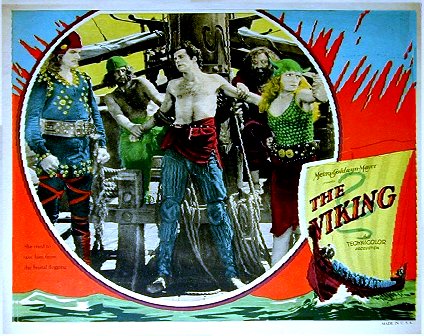I sat down to watch the local news on TV last night, and learned that one of my oldest friends is dead.
I’ve written about him here before, calling him “Elmer.” Since I don’t know how his family would react to my reminiscences (though I have no reason to think they’d be offended), I’ll continue to use that name.
Elmer and I met in elementary school, back in Kenyon. As our class’s social hierarchy evolved, the two of us found ourselves thrown together more and more, not because of similar interests or personalities, but as partial outsiders, boys who didn’t play well with others. A sturdy, black-haired kid, Elmer was not in the least diffident, and if he possessed any sense of shame I never saw a sign of it. He loved to say and do provocative things, just to get a reaction. Continue reading R.I.P. "Elmer"


